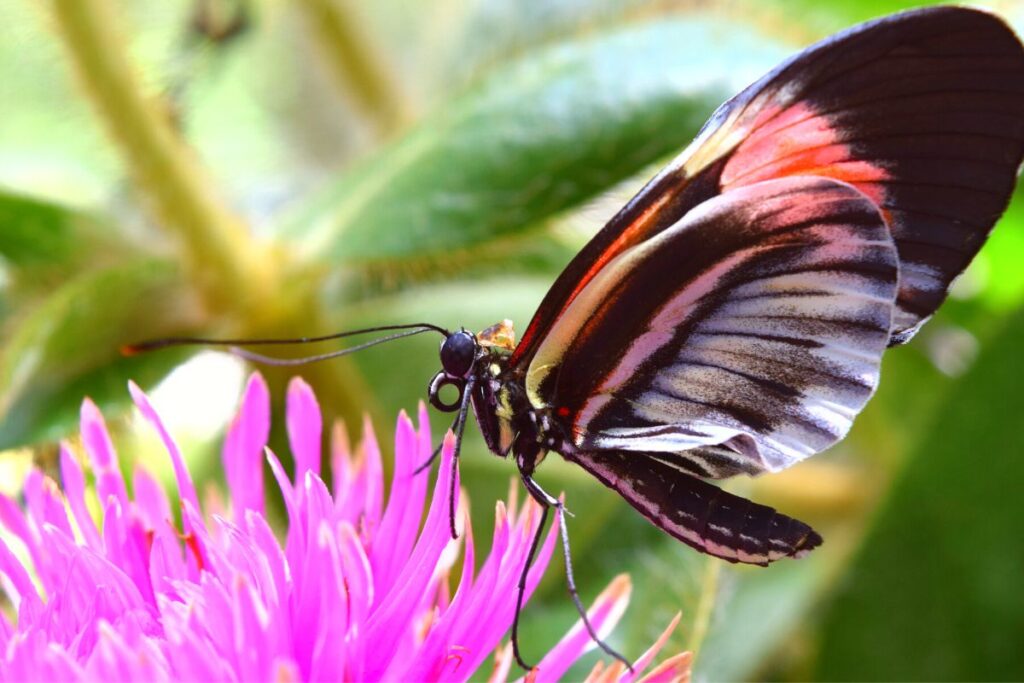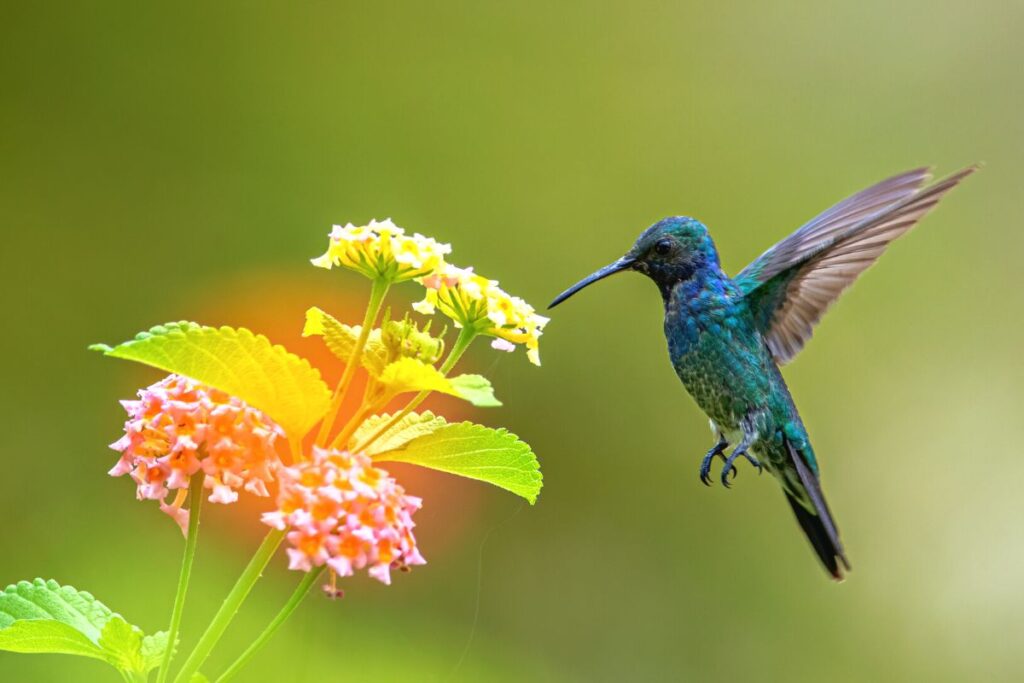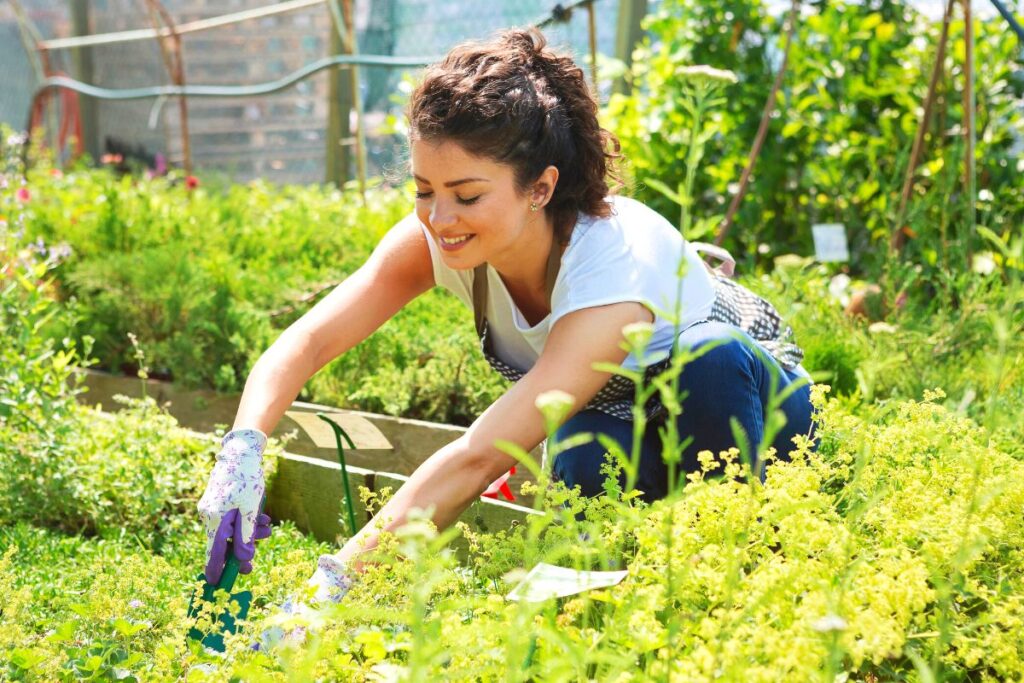Pollinators play a crucial role in our environment by pollinating flowering plants, which enables them to reproduce. The importance of pollinators, such as bees, butterflies, and beetles, cannot be overstated, as they are responsible for the production of fruits, seeds, and nuts that are essential to the health of our ecosystem. Moreover, pollinators provide valuable benefits to humans by supporting the production of food, honey, beeswax, and other products. Therefore, it’s vital for gardeners to be mindful of the needs of pollinators and take steps to support their health and well-being.
Plant a Variety of Flowering Plants
One of the most effective ways to create a pollinator-friendly environment is to plant a variety of flowering plants. By planting a range of plants that bloom at different times throughout the growing season, gardeners can provide a continuous source of nectar and pollen for pollinators. This is especially important in urban and suburban areas where natural habitats for pollinators are scarce.
When selecting plants for your garden, consider planting native species, as they are best adapted to the local climate and soil conditions. Native plants also provide better quality nectar and pollen for pollinators compared to non-native plants. Additionally, plants with bright colors and strong fragrances are more attractive to pollinators. Examples of plants that are particularly attractive to pollinators include lavender, sunflowers, coneflowers, and milkweed.

Provide Water and Shelter
In addition to providing a source of food, it’s important to provide pollinators with access to water and shelter. Bees and other pollinators need a source of clean water to drink and cool themselves, especially during hot summer months. A simple way to provide water is to fill a shallow dish with water and add a few stones for pollinators to land on while drinking. Be sure to change the water frequently to prevent the growth of bacteria and other harmful organisms.
Shelter is also essential for pollinators, as it provides a place for them to rest and protect themselves from predators and inclement weather. Gardeners can provide shelter by leaving areas of the garden uncultivated, such as leaf litter or dead branches, which provide shelter and nesting sites for pollinators. Additionally, installing a bee house can provide a safe and secure nesting site for solitary bees.

Avoid the Use of Pesticides and Other Chemicals
The use of pesticides and other chemicals can be harmful to pollinators, as they can kill or harm bees and other insects. When possible, it’s best to avoid the use of pesticides and opt for organic methods of pest control. For example, companion planting, which involves planting certain plants together to repel pests or attract beneficial insects, can help to control pests without the use of chemicals.
If pesticides are necessary, choose a product that is specifically designed to be safe for pollinators and apply it in the evening when bees are less active. Additionally, be sure to follow the instructions carefully and avoid applying pesticides during the blooming season of flowering plants.

In conclusion, gardening with pollinators in mind is an important way to support the health and well-being of bees and other insects. By planting a variety of flowering plants, providing water and shelter, and avoiding the use of pesticides and other chemicals, gardeners can create a pollinator-friendly environment that supports the health of pollinators and ensures the continued availability of the fruits, vegetables, and nuts that we rely on. By taking these steps, gardeners can make a valuable contribution to the health and well-being of bees and other insects, and support the overall health of our ecosystem.


